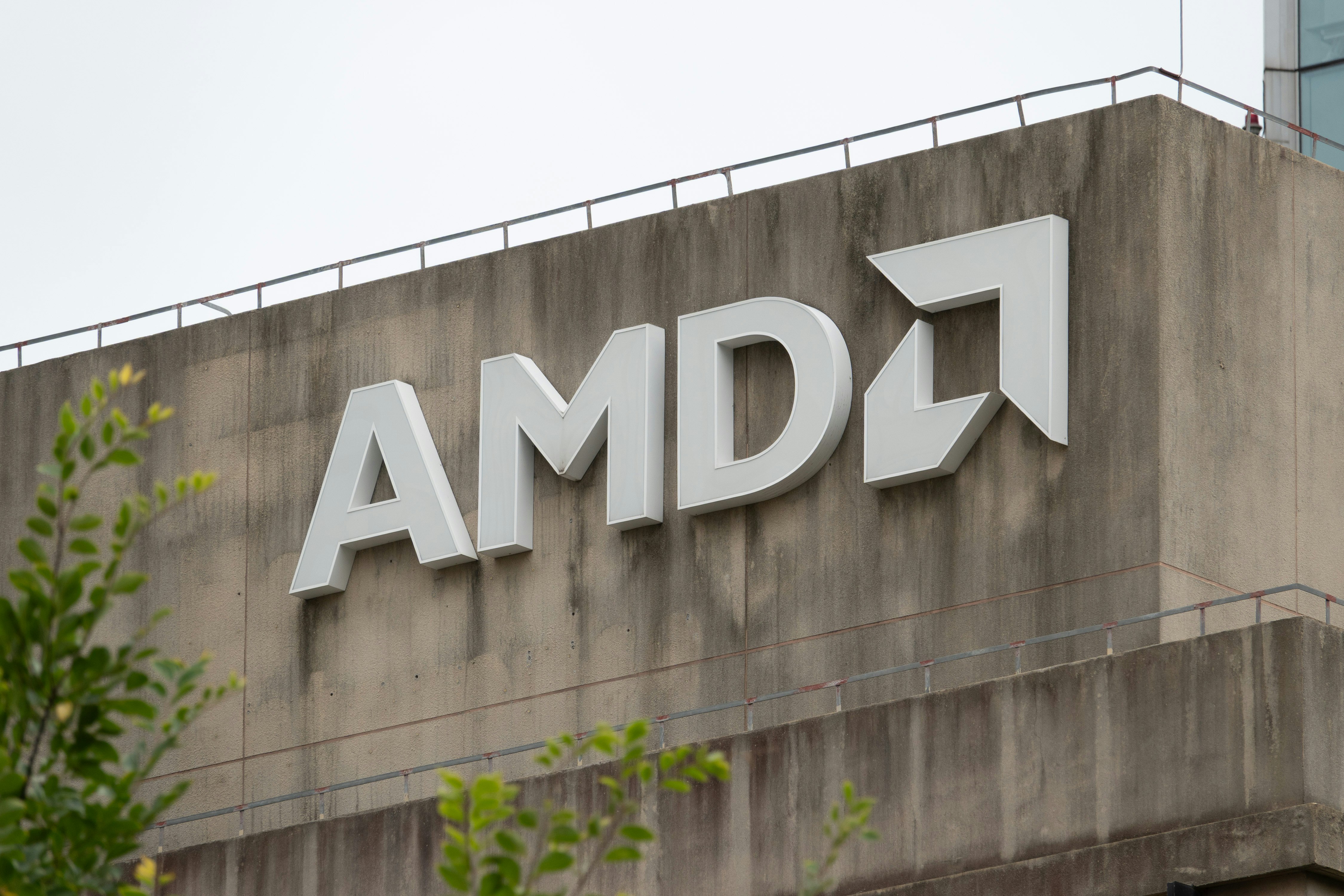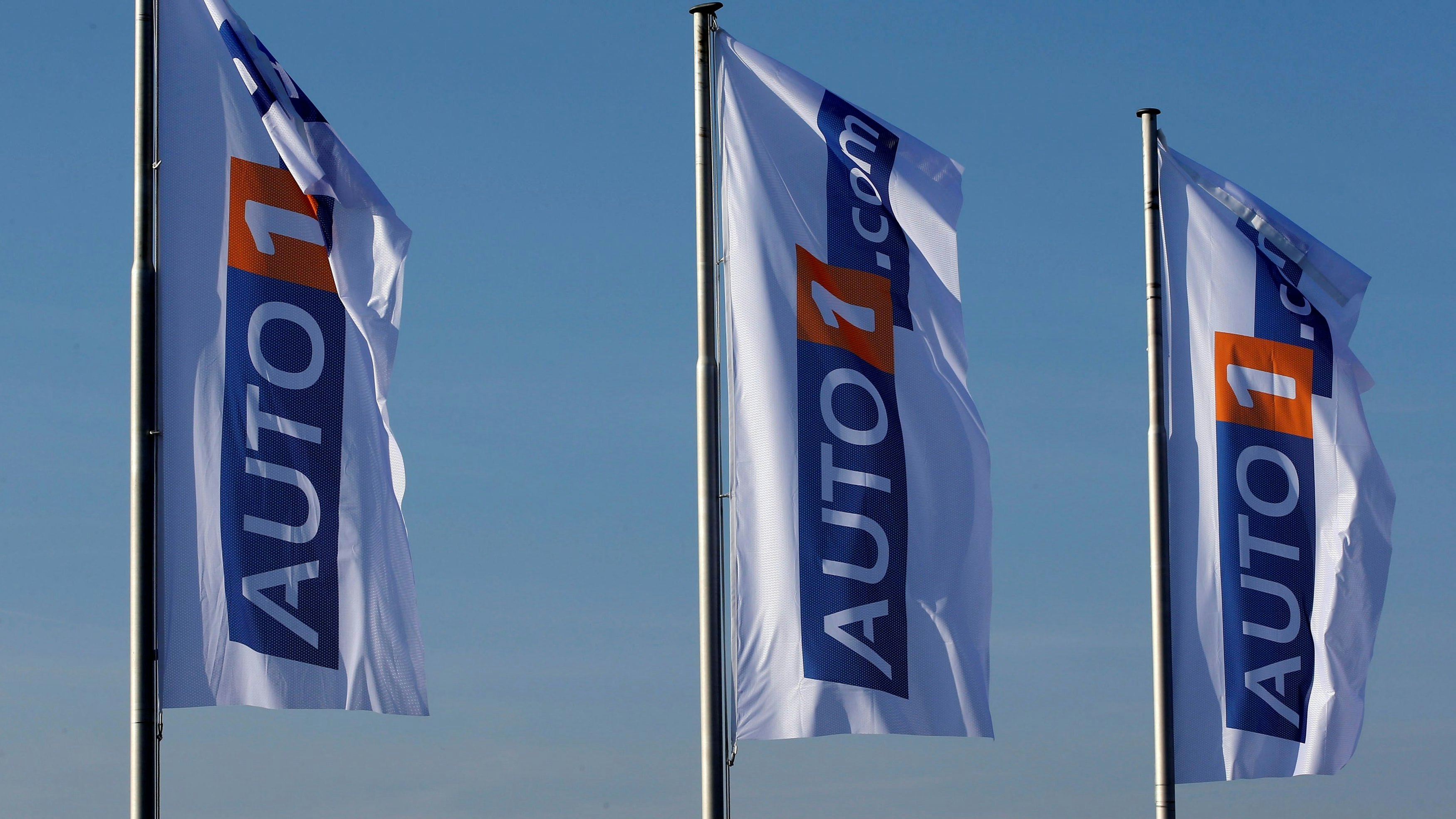The AI pioneer OpenAI has signed a billion-dollar deal with AMD, ushering in a new era in the battle for supremacy in AI processors. The deal stipulates that OpenAI will source six gigawatts of computing power from the Nvidia rival's chips over five years — while also securing the right to acquire up to ten percent of AMD's shares.
Strategic Liberation Strike for AMD
For AMD CEO Lisa Su, the order is a milestone: "This puts us at the center of the global AI expansion," she told investors. With the partnership, AMD suddenly moves into the spotlight of an industry that was previously firmly in Nvidia's hands.
Nvidia's dominance is cracking
Nvidia previously held a monopoly-like position with over 80% market share and annual sales of nearly $50 billion. However, the cooperation with OpenAI sends a clear signal: The dominance is wavering. Particularly noteworthy: Just a few weeks ago, OpenAI and Nvidia announced a joint investment of $100 billion in new AI data centers. Now, OpenAI is opening the door for a second major partner.
On the stock exchange, this caused a stir: AMD shares shot up, while Nvidia slightly declined. Investors see the new alliance as a starting signal for intensified competition.
Struggle for Computing Power
Demand for High-Performance Chips is Exploding - Large Language Models and AI Applications are Consuming More and More Computing Power. With AMD's New MI450 Generation, OpenAI Aims to Become More Independent and Expand Its Capacities, for Example for the Large-Scale Project "Stargate." Additionally, OpenAI Secured an Option for up to 160 Million AMD Shares at the Symbolic Price of 0.01 Dollar - a Hint at a Long-Term Strategy.
The market is regrouping
Industry experts see more than just a supply contract in the partnership. It is an expression of structural change: companies want to reduce their dependence on Nvidia. While its software platform "Cuda" remains unrivaled for now, the monopoly position is beginning to crumble.
A Race with an Open Outcome
For AMD, the deal could bring additional revenues in the double-digit billions. Other tech giants like Amazon, Microsoft, and Google are also seeking alternatives to Nvidia – either through in-house developments or new alliances. The race for AI supremacy is thus reopened.
For OpenAI, the partnership means more flexibility, for AMD a historic opportunity - and for Nvidia a loud warning: The future of AI will no longer be decided solely in Santa Clara.





